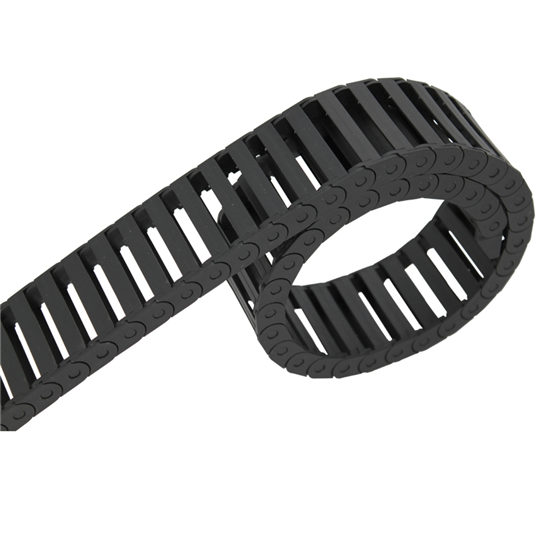corrugated flexible conduit
Understanding Corrugated Flexible Conduit An Overview
Corrugated flexible conduit is an essential component in the field of electrical installations and cable management. Its unique design and functionality have made it a popular choice for protecting and routing electrical cables, particularly in environments where flexibility and durability are paramount. In this article, we will delve into the characteristics, applications, advantages, and considerations of using corrugated flexible conduit.
What is Corrugated Flexible Conduit?
Corrugated flexible conduit is a type of protective tubing made from a variety of materials, including polyvinyl chloride (PVC), polyethylene, and even metal. The corrugated aspect refers to the series of ridges and grooves along the length of the conduit, allowing it to bend and twist while maintaining its structural integrity. This flexibility makes it ideal for applications where rigid conduits would be impractical.
Characteristics
1. Flexibility One of the primary benefits of corrugated flexible conduit is its ability to bend and twist without breaking. This flexibility allows for intricate routing of cables around obstacles and within confined spaces.
2. Durability Depending on the material used, these conduits can withstand various environmental factors, including moisture, chemicals, and physical impact. For instance, metal conduits provide superior protection in harsh industrial settings.
3. Lightweight Corrugated flexible conduits are significantly lighter than traditional conduits, making them easier to handle and install.
4. Variety of Sizes These conduits come in various diameters, allowing for the accommodation of different cable sizes and types.
Applications
Corrugated flexible conduit finds use in a multitude of applications across various industries. Some of the most common applications include
1. Residential Wiring In homes, these conduits protect electrical wiring from physical damage and moisture. They are often utilized in areas where wires may be exposed to movement.
2. Industrial Environments Factories and workshops often utilize corrugated conduits to safeguard cables running machinery. Their resilience against harsh conditions makes them ideal for such settings.
3. Automotive Applications The automotive industry frequently employs these conduits to protect wiring harnesses within vehicles. Their flexibility helps manage the complex routing needed in tight spaces.
corrugated flexible conduit

4. Telecommunications In telecommunication networks, these conduits help organize and protect the multitude of cables necessary for data transmission.
Advantages
The use of corrugated flexible conduit offers several significant advantages
- Ease of Installation The lightweight nature and flexibility of the conduit make installation quicker and more straightforward compared to rigid options.
- Protection of Cables By enclosing cables within a protective layer, corrugated flexible conduits help prevent abrasion, moisture ingress, and other potential damages.
- Reduced Maintenance By offering significant protection, the use of these conduits can lead to less frequent replacements and repairs of the underlying cables.
- Versatility Their adaptability makes them suitable for a wide range of applications, both indoor and outdoor.
Considerations
While corrugated flexible conduits have numerous benefits, there are some considerations to keep in mind
- Temperature Limits Different materials have varying tolerances to temperature. It is crucial to select the appropriate type based on the environmental conditions of the installation.
- Electrical Conductivity For specific applications, it's important to understand the conductive properties of the conduit material being used, especially when dealing with sensitive electrical installations.
- Regulatory Compliance Ensure that the chosen conduit meets local and industry-specific codes and standards for safety and performance.
Conclusion
In summary, corrugated flexible conduit is a vital tool in modern electrical cabling and management. Its unique properties make it indispensable in various applications—from residential to industrial. By understanding its benefits and considerations, professionals can make informed decisions that enhance the safety and functionality of their electrical installations. As technology advances, the materials and designs of corrugated flexible conduits will likely continue to evolve, further cementing their position in the industry.








